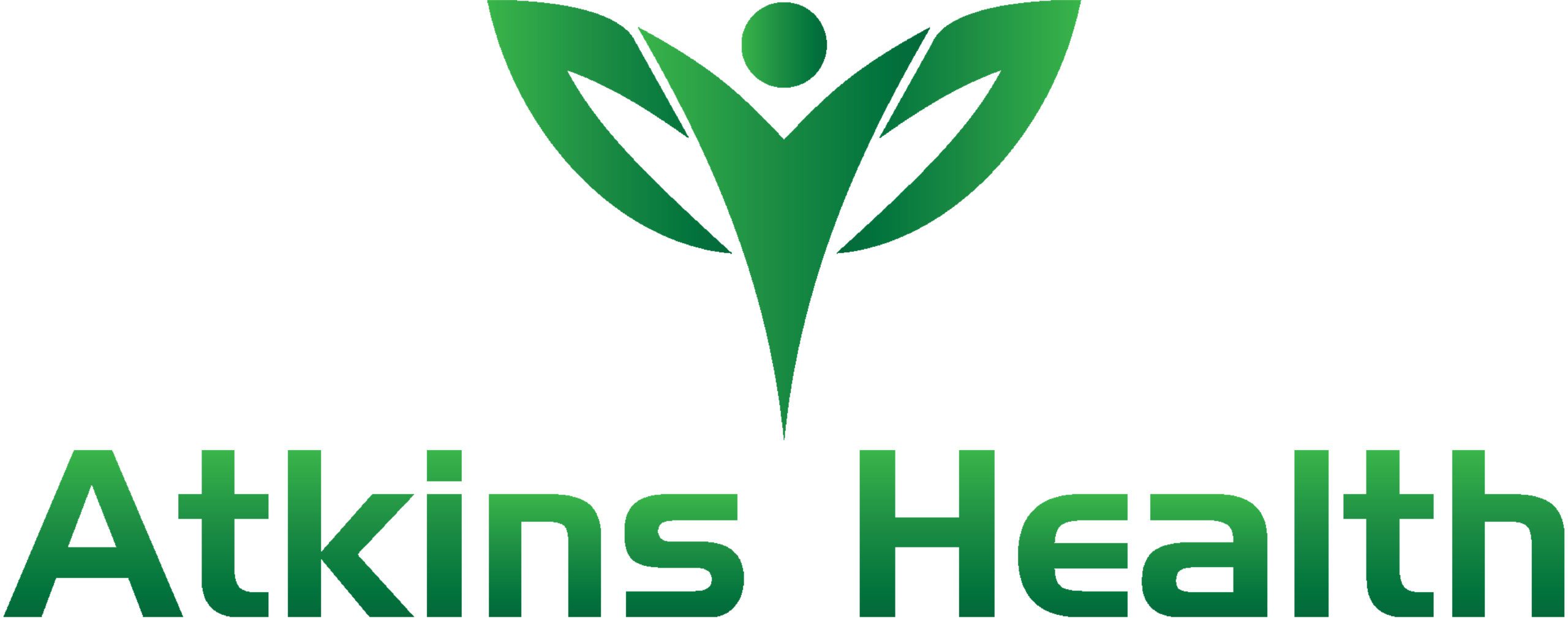Dementia Care – Atkins Health Active Alzheimer’s Program
Help for Alzheimer’s Disease Our Dementia Health Care Program
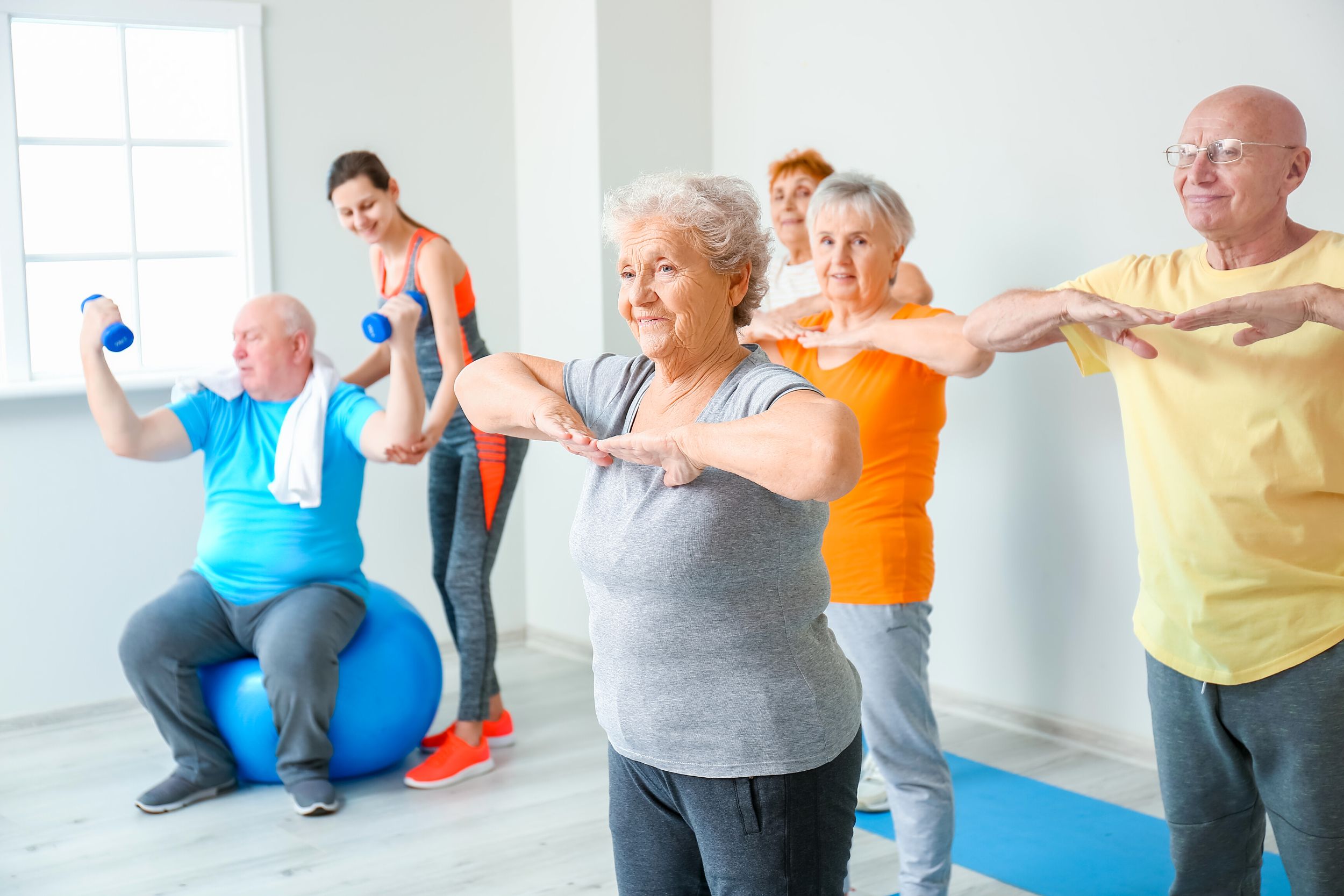
Discover the Possibilities with our Active Alzheimer’s Program
Our program focuses on a proactive approach in delaying the need to go into assisted care. This is the first of its kind in Gold Coast community, We prescribe tailored exercise for individual needs to improve longevity and reduce the chances of developing other health issues.
THE BENEFITS OF Exercise in Dementia Care
Improved cognitive function: Regular physical activity has been shown to increase blood flow to the brain, which can help to improve memory, concentration, and decision-making abilities. In addition, exercise has been shown to stimulate the production of chemicals in the brain that are responsible for improving mood, reducing stress, and increasing feelings of well-being.
Improved physical function in individuals with dementia: As the disease progresses, many individuals with dementia experience declines in physical abilities such as balance, coordination, and mobility. Exercise has been shown to help improve these physical abilities, reducing the risk of falls and improving the ability to perform everyday tasks.
Physical Benefits: Regular physical activity has been shown to improve cardiovascular health, reduce the risk of chronic diseases such as heart disease and diabetes, and help to maintain a healthy weight.
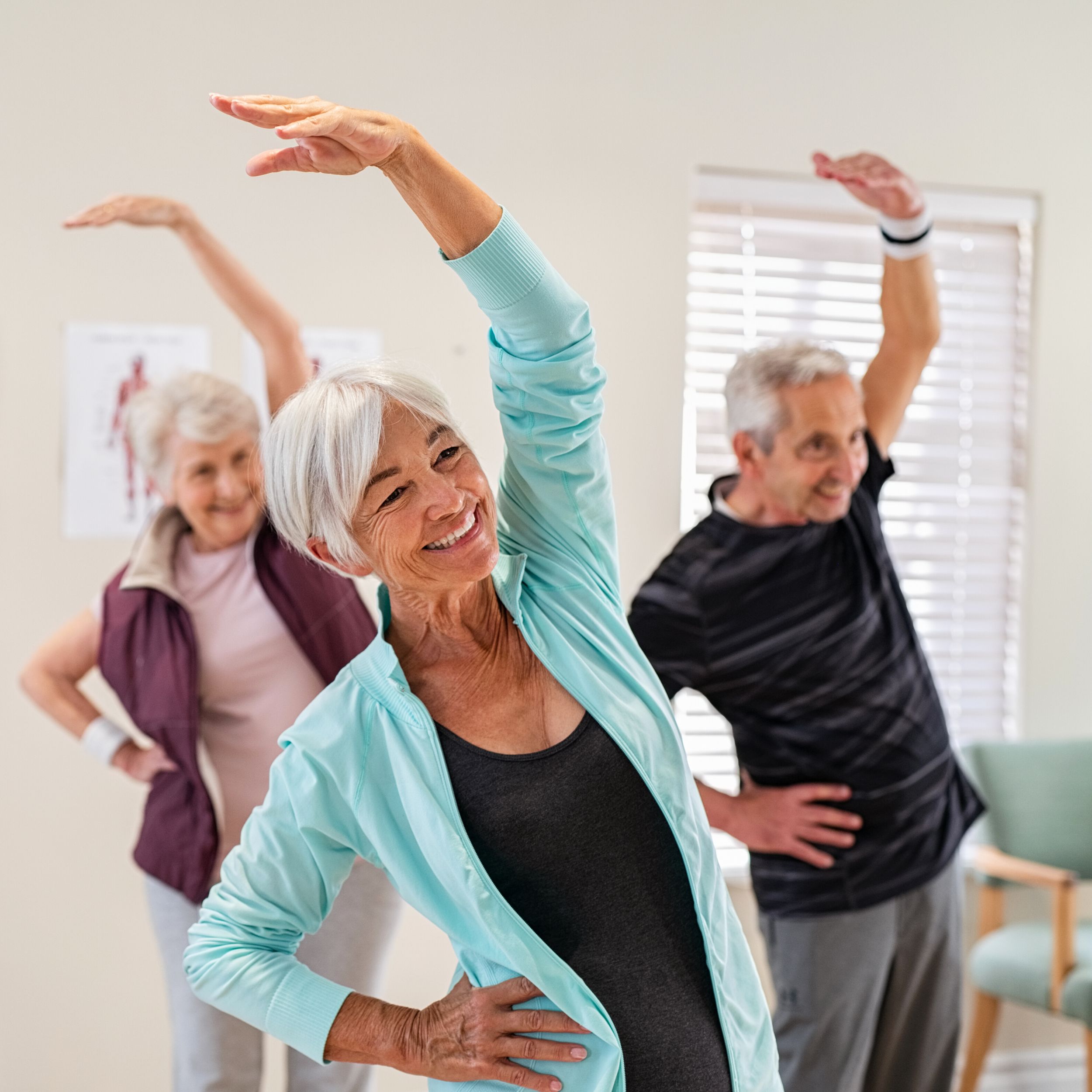
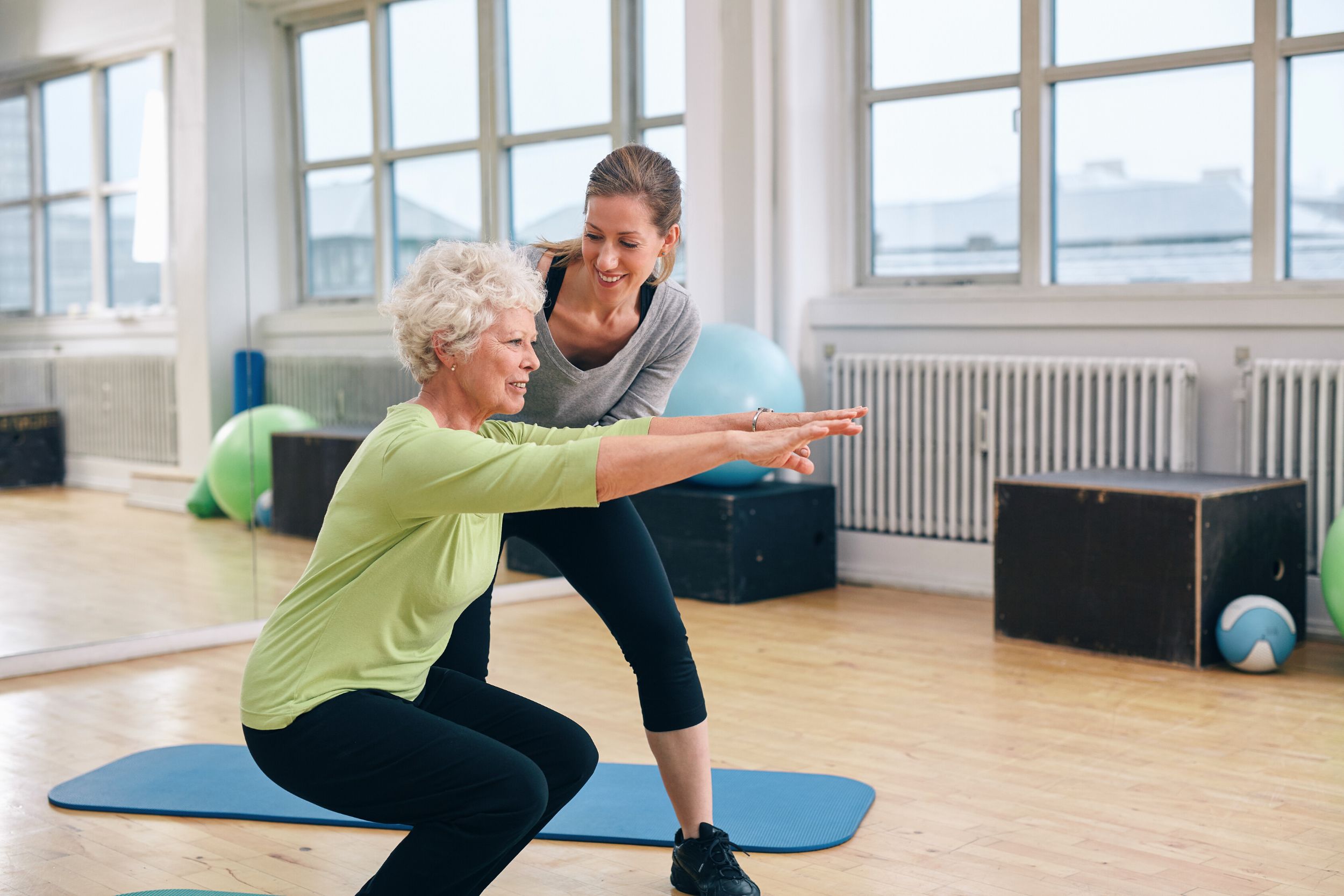
WHO WITH DEMENTIA Do We Cater For?
- Individuals who are newly diagnosed with Alzheimer’s or dementia
- Those who seek to keep their independence at home – and wish to continue to do so
- Those who wish to use half-day respite care and receive therapy at the same time
WHAT TYPES OF EXERCISE Can We Expect?
1. Aerobic exercise: This type of exercise helps to increase heart rate and improve cardiovascular function. Aerobic activities such as walking, cycling, or swimming can help to improve overall health and reduce the risk of chronic diseases.
2. Strength training: Resistance exercise can help to improve muscle strength, balance, and coordination. Activities such as weightlifting, resistance band exercises, or chair exercises can be used to target specific muscle groups.
3. Balance exercises: These exercises can help to improve balance, reduce the risk of falls, and improve physical function. Balance exercises can include simple activities such as standing on one foot, walking heel-to-toe, or tai chi.
4. Cognitive stimulation: These exercises help to improve cognitive function and delay the progression of dementia. Cognitive stimulation activities can include Memory games: Simple memory games such as concentration, where cards with matching pairs are laid face down and the goal is to match pairs, or memory matching, where objects are laid out and the goal is to remember their location, can help improve memory and concentration.
-
- Word games: Word games such as crossword puzzles, Scrabble, or Boggle can help to improve language and cognitive function.
- Visual perception games: These games challenge visual perception and spatial awareness skills. Examples include jigsaw puzzles, Tangrams, or mazes.
- Numbers games: Games that involve numbers, such as Sudoku or KenKen, can help improve mathematical and logical reasoning skills.
-
- Strategy games: Games that require strategy, such as chess or checkers, can help improve planning and problem-solving skills.
5. Dance and movement: This type of exercise combines physical activity with social interaction and can be enjoyable for individuals with dementia. Dance and movement activities can include line dancing, ballroom dancing, or movement classes.
It’s important to keep in mind that individuals with dementia may have different physical and cognitive abilities, so it’s important to tailor the exercise program to their specific needs and abilities. A physical therapist or occupational therapist can help to design a safe and effective exercise program for dementia care.
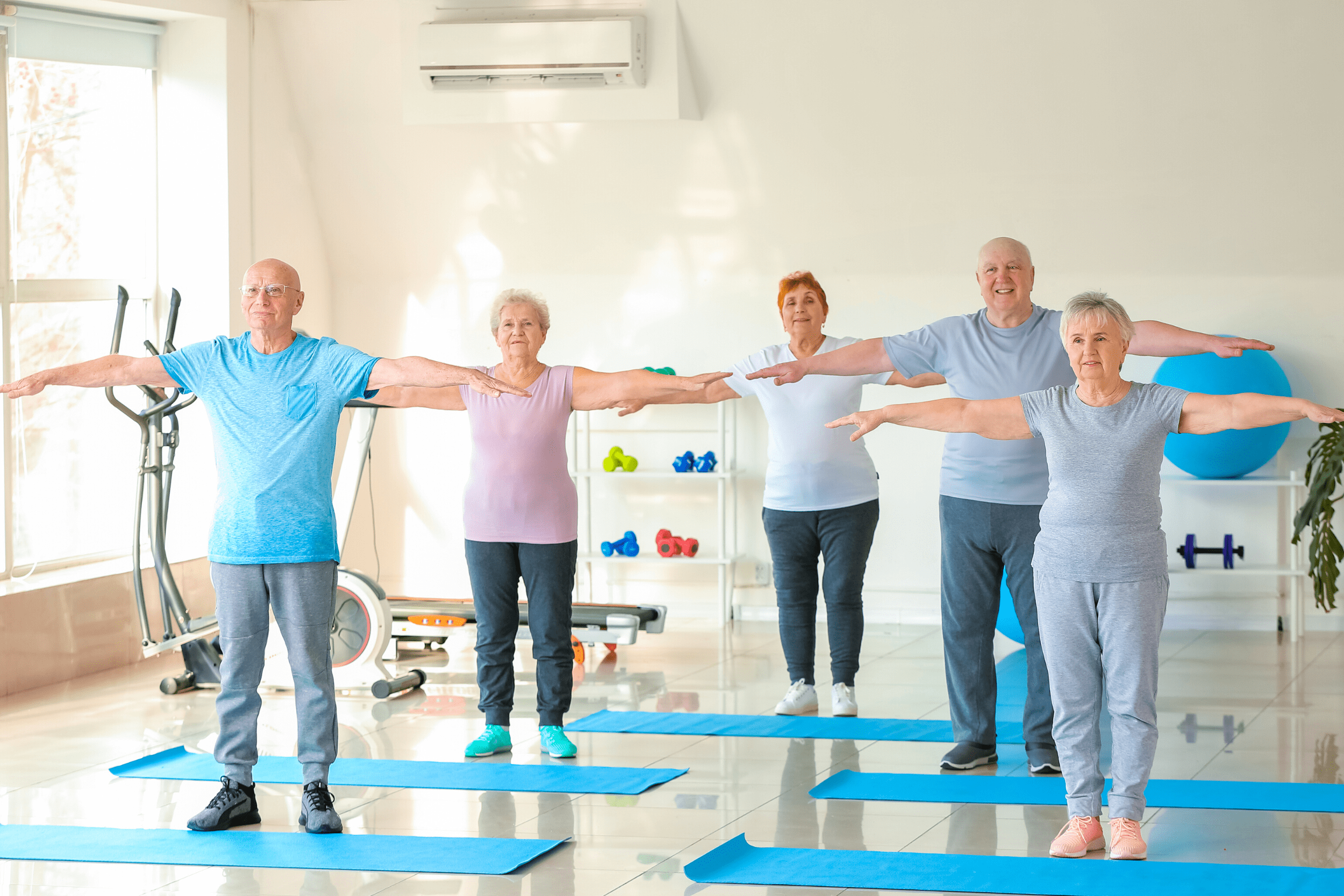
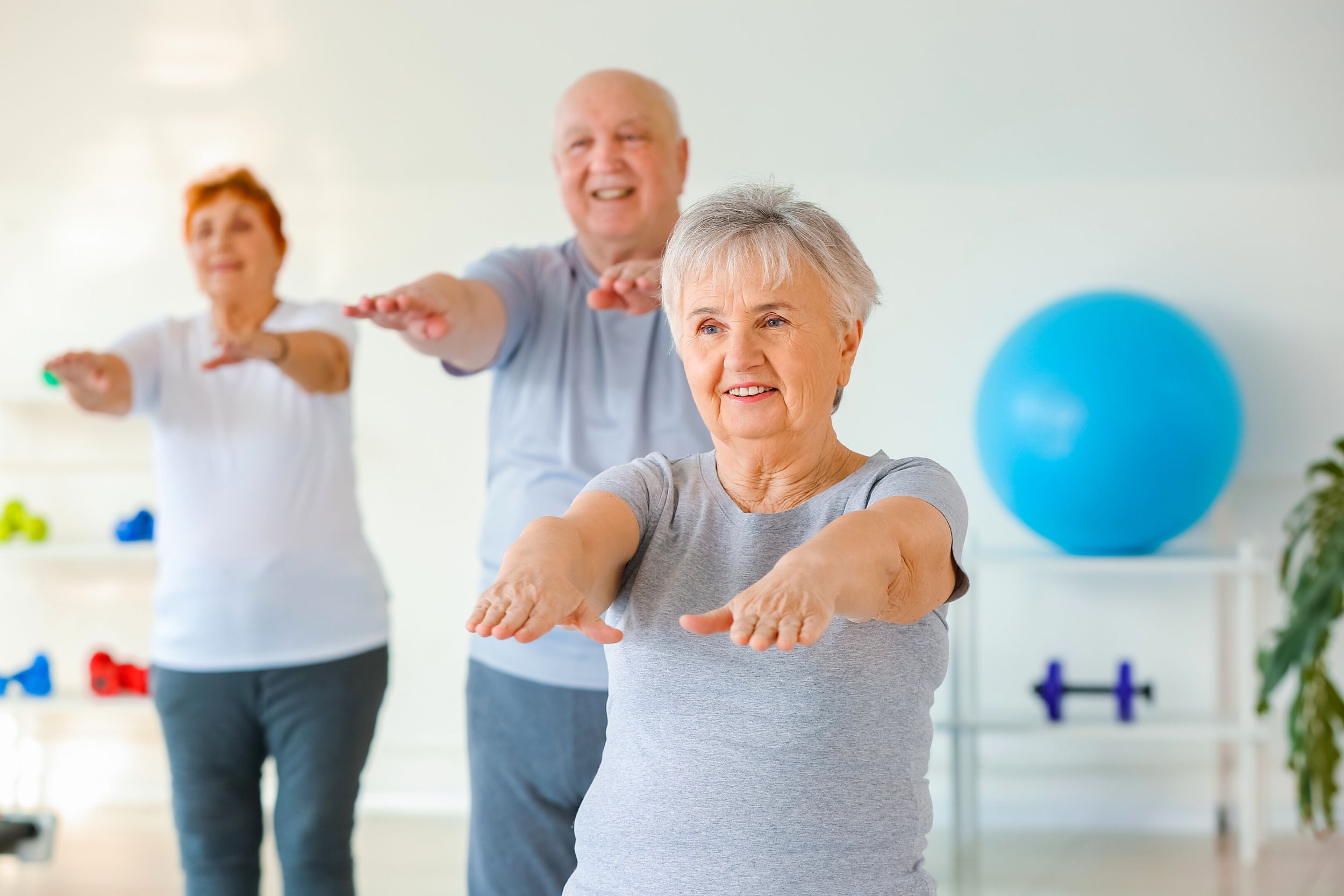
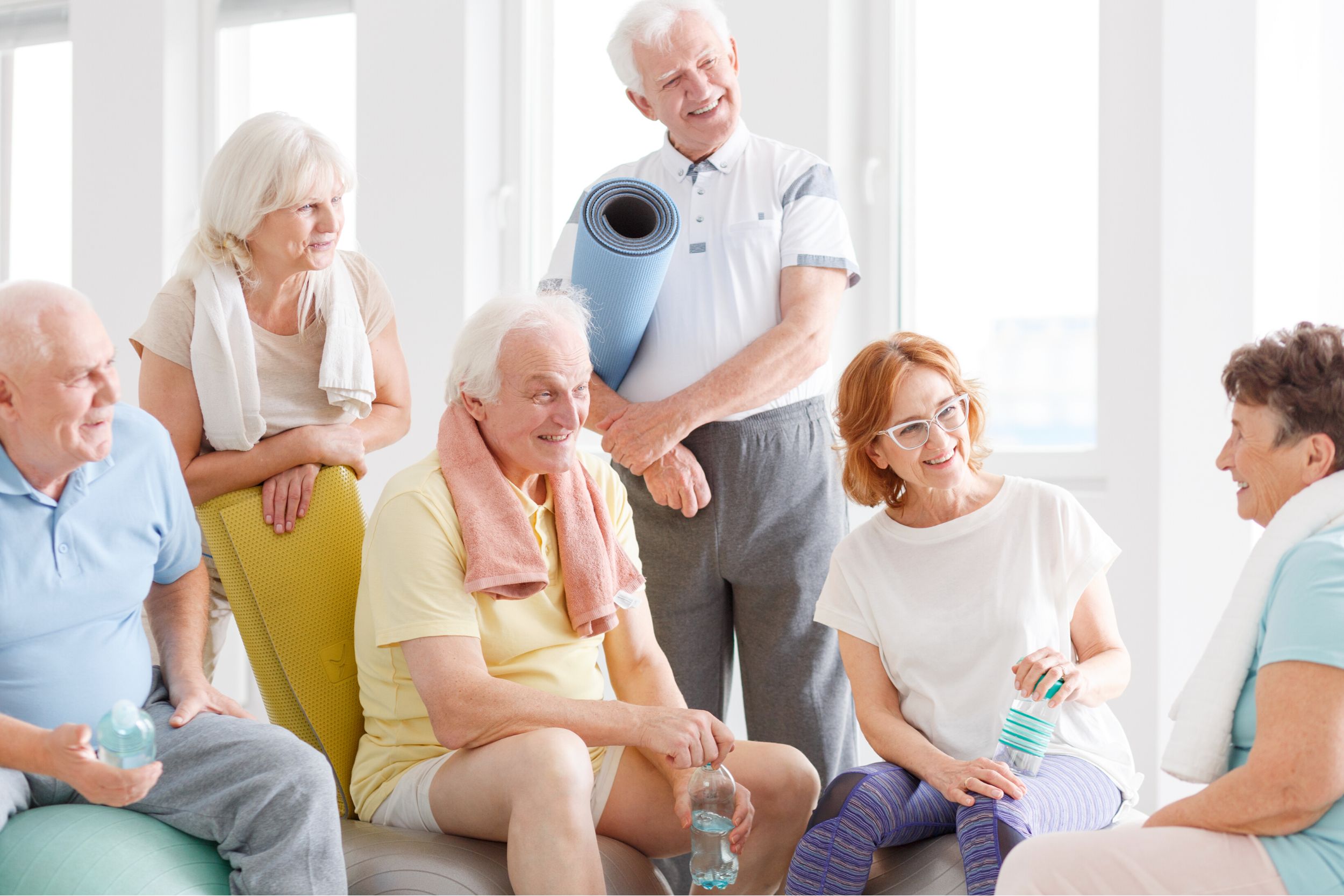
What makes our program UNIQUE
- Available at a variety of our Gold Coast locations
- Suitable for people who are not in residential care
- Both individual and group classes available
- Guided by an exercise physiologist with special interests in dementia and Alzheimer’s disease
- Regular reporting available for family/carers on participant’s progress
What happens in OUR SESSIONS
Initial Assessment
- We use special tests related to cognitive function
- We also assess strength, balance and stamina which are related to remaining independent at home
- Discuss a pathway towards commencing the program
- Reassessment after 6 weeks to re-establish goals and determine if ready to progress to a group-based setting
Purpose of Individual Sessions
- Build up skills
- Become competent in exercise
- Increase confidence
- Closely monitor progression and adaptation to exercise
Purpose of Group Classes
- Provide a social setting to create new friendships for clients and their partners
- To have stimulating and engaging conversations
- Provide an environment for carers to create connections
What Our Sessions Comprise
- Extended cardiovascular warmup
- Exercise circuit, focusing on improving
- Strength
- Balance
- Dual tasking
- Gross-motor and Fine-motor skill development, using games
- Cognitive games
- Wednesday 11am – 1pm
- 4 – 6 people per class
- We welcome NDIS & Private Health participants
Location
Temple Gym
2 Lake Street
Varsity Lakes
- Monday 10am – 12pm
- 4 – 6 people per class
- We welcome NDIS & Private Health participants
Location
Gold Coast Performance Centre
1 Sports Drive
Runaway Bay
- Initial Assessment$130.00
- 30-min Follow-up Session$95.00
- 45-min Follow-up Session$120.00
- 2-hour Group Session$100.00
Latest Blog Articles
It can be easy to get caught up in the good carbs vs bad carbs narrative. Our Accredited Practising Dietitian provides a dose of reality and evidence-based truth.
Come and join Ben, every Friday morning in Robina for a two hour walking program, delivered in conjunction with Gold Coast Health to support the community with a monitored exercise routine.

